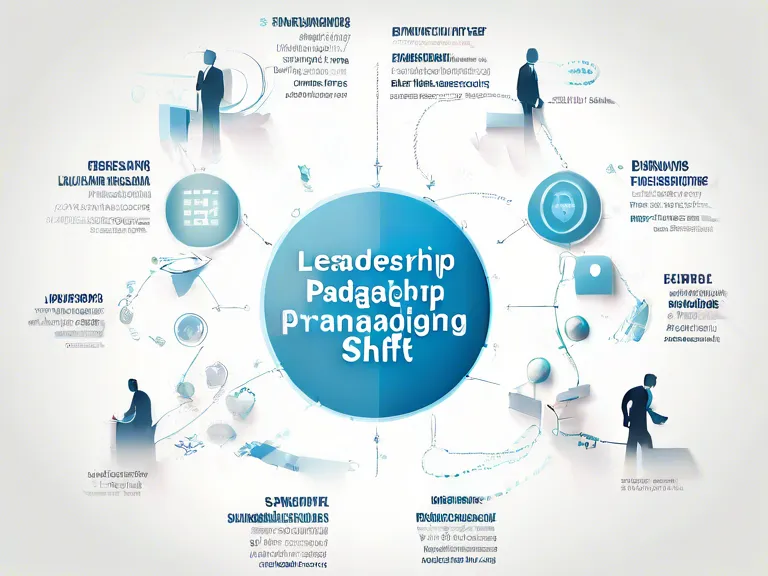
With rapid advancements in technology and shifts in global dynamics, the future of leadership is set to undergo significant changes in the coming decades. Leaders will need to adapt to new trends and embrace innovative approaches to succeed in this ever-evolving landscape.
One of the key trends that will redefine leadership styles is the rise of artificial intelligence (AI) and automation. As AI becomes more integrated into various industries, leaders will need to develop a better understanding of how to leverage these technologies to streamline processes and increase efficiency.
Another trend that will shape future leadership styles is the focus on diversity and inclusion. In a globalized world, leaders will need to champion diversity in their teams and create a culture of inclusivity to drive creativity and innovation. This shift will require leaders to be more empathetic and open-minded in their approach to managing diverse teams.
Furthermore, the gig economy and remote work will also impact leadership styles in the future. With more people working remotely and taking on freelance gigs, leaders will need to adapt to managing virtual teams and fostering a sense of community and collaboration among team members who may never meet in person.
Additionally, the increasing importance of sustainability and corporate social responsibility will require leaders to prioritize environmental and social impact in their decision-making processes. This shift will call for leaders who are committed to making a positive difference in the world and who can inspire their teams to do the same.
In conclusion, the future of leadership will be shaped by a multitude of trends, from technological advancements to cultural shifts. Leaders who can embrace change, foster diversity and inclusion, adapt to new work structures, and prioritize sustainability will be well-positioned to succeed in the coming decades.



